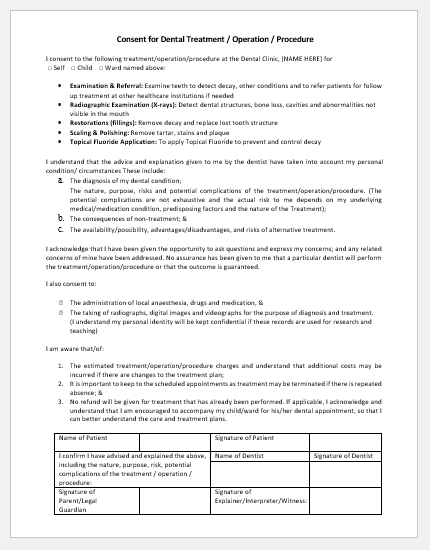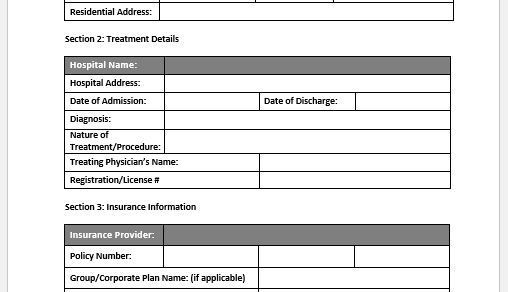In a world full of sweets and chocolates, one always needs a dentist. As we all know, dentists are the doctors who deal with tooth abnormalities and diseases. Apart from brushing your teeth twice daily and flossing every night, regular visits to a dentist must be done, because our teeth are sensitive and demand more attention. Ignoring minor problems might lead to tooth decay and caries.
How Often Should You Visit Your Dentist?
Visiting a dentist every 6 months for a routine checkup is essential. With any ongoing tooth problem, pain, or sensitivity, these visits should be made on a regular basis, frequently. Not only adults but children must also have their teeth examined regularly.
What Problems Does a Dentist Deal with?
From minor mouth ulcers to dental emergencies, dentists treat all kinds of dental and oral problems:
- Bad breath
- Tooth decay and erosions
- Tooth sensitivity and dental caries
- Mouth ulcers
- Broken tooth
- Oral infections
- Toothache
- Irregular dentition
- Gum diseases
- Dry mouth
- Temporomandibular joint disease
- Oral cancer
Treatments offered by dentists
- Fillings and tooth repair
- Tooth extraction
- Root canals
- Veneers
- Teeth whitening
- Dental crowning
- Bonding
- Dental sealants
- Treatment of dental or gum infections
- Denture application
- Braces and retainers
- Bridges and implants
- Gum lift
- Dental surgery
- Debridement
- Oral and maxillofacial surgery
- Scaling
- Tooth polishing
- Tumor examination
Why is Consent Necessary?
Before any dental procedure mentioned above, written documentation must be done. It should include information about the procedure to be done, why that is important for the patient and what problems would the patient face if that particular procedure is not done. It is only after obtaining informed consent that the procedure should be started.
It consists of two parts; one is where the patient should have an understanding of what is wrong with his teeth and how it could be corrected by giving him all the possible treatment options. This is especially true for medico-legal cases with a suspicious history of injury. Second; where the patient is allowed to make a decision on the basis of information provided to him by the dentist.
Components of Dentist Consent Form
Like any other medical or surgical consent form, before conducting any dental procedure, the dental consent form must be signed. It consists of:
- Name of patient, age, sex, address, contact number, occupation, past history, drug history, and allergies
- Information about the process to be undertaken and the duration of treatment
- Complications of the procedure, disabilities or effects if any
- Disclosure of the risks and benefits and prognosis of the disease
- Follow up details
- Agreement to acceptance of terms of the failure of the procedure
- Emergency contact details
- Consequences of radiologic and anesthetic procedures and drugs involved
- Confidentiality and privacy agreement
- Cost of the procedure
- Alternative treatment methods
- Name and signature of the consenter



